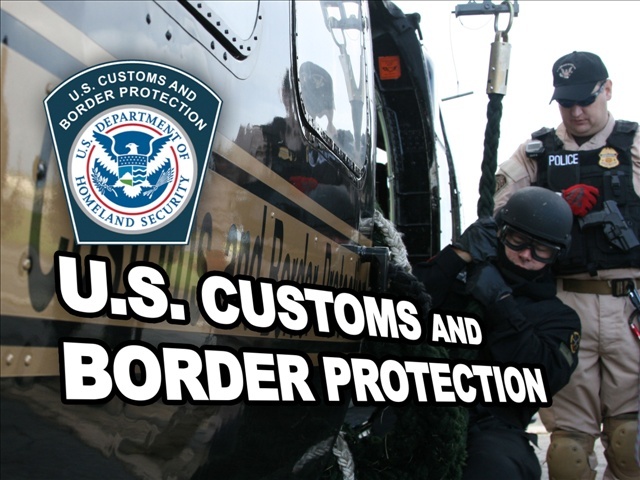Cheating death and fighting communism: that is how a fellow officer once described our job. It was meant to be funny, but as time went on it seemed all too true.
I spent more than ten years in law enforcement, all of it on the street in uniform patrol. I've been a patrol officer, instructor, sergeant and lieutenant.
Do not report crimes here. Nothing here should be considered legal advice. All opinions are my own.
I'd suggest considering is a learning experience. You are not likely to be in any trouble if what you have described is true. However, it could have all gone very badly for you.
I was in a similar situation once when I was in college. I rode in a (unknown to me) stolen car with the friend of a friend. The driver (unknown to me) was wanted for murder. It wasn't until two days after that ride I learned about him and the car. It taught me a valuable lesson about who to catch rides with.
I don't know Virginia law, but in many (most?) states, you can pass all of the tests and still not be hired. If you think about it, say 100 people pass all of the tests but there are only 10 positions open. 90 people passed but won't be hired.
I have no idea what your department's background investigation requirements are. If he/she was convicted of domestic assault or domestic battery, he/she is not allowed to be in possession of firearms by federal (and probably Virginia) law. A department might not want their firearms to be around a prohibited person. You should probably talk to your recruiter about your situation for more information.
The handler and dog are considered a team. Most departments require the handler to board, feed, and care for the dog off duty. Typically there is a small stipend provided to the officer for this time, food and supplies. Rarely does that stipend cover everything the human puts into the care of the dog.
I'm not sure I understand your terminology, but if you are asking if you and your friend could be assigned as partners at the same police agency, yes. However, this would not happen until both of you had a few years of experience on the job. No sergeant in his or her right mind would assign two inexperienced officers together.
HR Executive
 How do you feel about employees working remotely?
How do you feel about employees working remotely?
Waitress
 Are you instructed to "push" certain menu items that are at risk of going bad?
Are you instructed to "push" certain menu items that are at risk of going bad?
CBP Officer
 Why are so many customs officers huge jerks?
Why are so many customs officers huge jerks?
It depends on the priority of the case and the technology used to recover and analyze the prints. If you already have a suspect, you can get a very fast match.
Dealing with a violent person is a fluid and dynamic sitation. There is no easy, one-size-fits-all answer. Generally speaking, a police officer is authorized to use any force, up to and including deadly force, when he or she believes it is reasonably necessary to stop an armed person who poses an imminent threat to the lives of others. That may include shooting the violent criminal.
It depends on the agency. Most departments will require you have at least some hearing in both ears, but this can be augmented by the use of a hearing aid in many places.
If there is a specific law enforcement agency you would like to work for, I suggest contacting a recruiter and discussing the specifics of your case with them.
-OR-
 Login with Facebook
Login with Facebook (max 20 characters - letters, numbers, and underscores only. Note that your username is private, and you have the option to choose an alias when asking questions or hosting a Q&A.)
(A valid e-mail address is required. Your e-mail will not be shared with anyone.)
(min 5 characters)
By checking this box, you acknowledge that you have read and agree to Jobstr.com’s Terms and Privacy Policy.
-OR-
 Register with Facebook
Register with Facebook(Don't worry: you'll be able to choose an alias when asking questions or hosting a Q&A.)